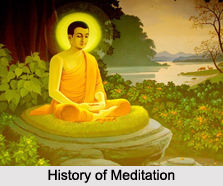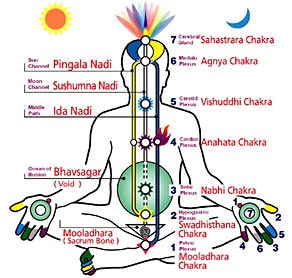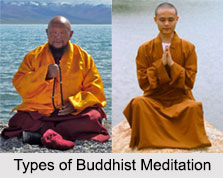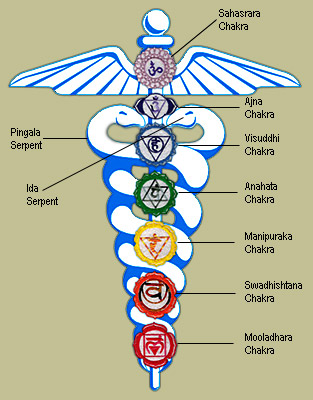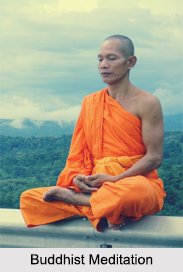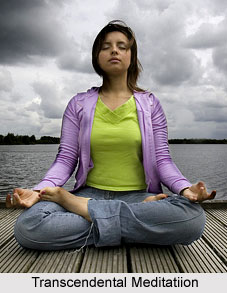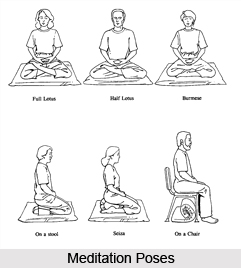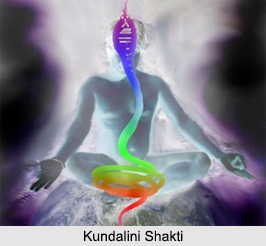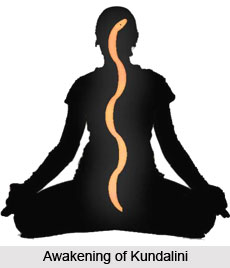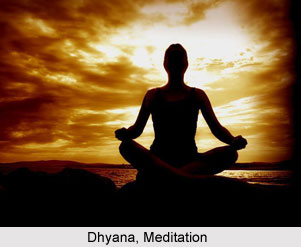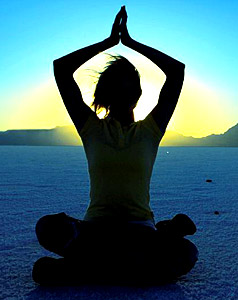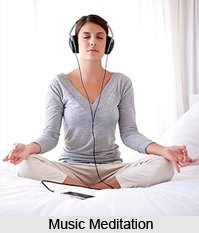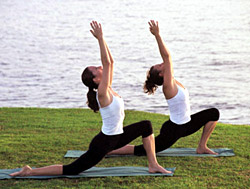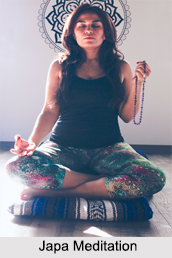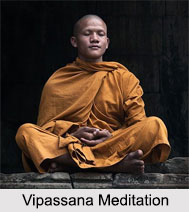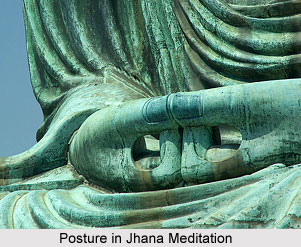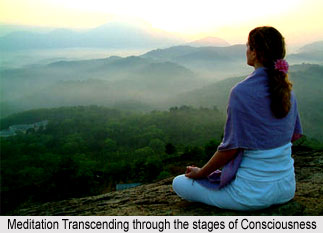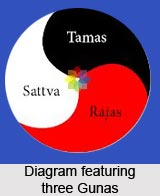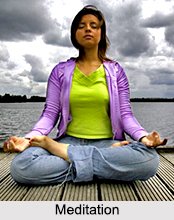 "Meditation is the dissolution of thoughts in Eternal awareness or pure consciousness without objectification, knowing without thinking, merging finitude in infinity". - Swami Sivananda.
"Meditation is the dissolution of thoughts in Eternal awareness or pure consciousness without objectification, knowing without thinking, merging finitude in infinity". - Swami Sivananda.
Meditation is an intense spiritual as well as personal experience. Meditation may be described as a state of concentrated attention on a thought or on awareness. This thought process is, to turn the attention inward, to the mind itself. Meditation is used for personal development, better concentration, to achieve peace and harmony for spiritual closeness to God, to become healthier and even to impart calmness, love, purity, well being and truthfulness.
Etymology of Meditation
The word Meditation comes from the Latin word "meditatio", which originally indicated any physical or mental exercise that is done scientifically. Meditation is considered to be the component of Eastern religion, where it has been practiced for more than 5000 years. Later the concept evolved into the more specific meaning, "contemplation", where awareness is brought forward on the reality of the present moment without deliberately encouraging imagination.
Meaning of Meditation
One of the meanings of the word meditation is to control the activities of the mind, speech and body. Steadying the mind or focusing the concentration is one of the prime objectives of meditation.
Thus, meditation can be termed as any one of the following:
•A state of relaxed concentration over one"s mind while keeping the reality of the present moment intact
•A state of freedom of the mind, when the person"s mind is free of any kind of thoughts
•A state of spiritual concentration, which brings one closer to God.
•A state of concentration which helps one focus the mind on a single object or thought
•A state of detachment from the outside world, pressure and tensions
•A state of attaining not only a healthy mental condition but physical growth as well
•A process, which makes one look towards the positive side of the world, keeping all the negativity behind
Stages of Meditation
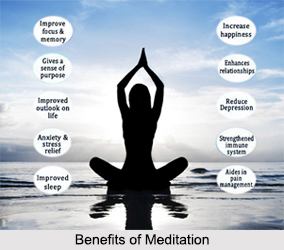 All of the above teamed with various process and types of meditation go a very long way in enhancing ones personality, changing ones attitude towards life, encouraging someone and building inner growth related to self-confidence and motivation. Posture, preparation, length of the period of the practice of meditation, all contribute to various forms of meditation like the Transcendental Meditation, Yoga Nidra, Vipassana and Mindfulness Meditation. While meditation is a continuous process, it can be said to have three stages:
All of the above teamed with various process and types of meditation go a very long way in enhancing ones personality, changing ones attitude towards life, encouraging someone and building inner growth related to self-confidence and motivation. Posture, preparation, length of the period of the practice of meditation, all contribute to various forms of meditation like the Transcendental Meditation, Yoga Nidra, Vipassana and Mindfulness Meditation. While meditation is a continuous process, it can be said to have three stages:
•Concentration (Dharana)
•Meditation (Dhyana) and
•Enlightenment or absorption (Samadhi)
Once the attention gets intermeshed then concentration slowly turns into meditation or dhyana. It is then the person who effortlessly merges with the object of concentration, which might either be the present moment or could be the Divine Entity.
Techniques of Meditation
There are a number of meditation techniques which supports in feeling a sheer personal and spiritual experience. The desired purpose and the aim of each meditation technique are to channel the cognizance into a rather positive direction, whilst entirely transforming one"s state of mind. The main objective of meditation is therefore to turn inwards whilst concentrating on the inner self. Since turning inward is the crux of meditation technique, hence, focusing the mind onto certain objects while meditating is extremely important.
Benefits of Meditation
Meditation has great health benefits. It gives one respite from mental as well as physical pressure. With the recent growth of stress and strain, meditation has a unique way to calm the mind. Meditation has been found to strengthen the immune system, which helps ward off diseases before they actually affect the human body. It helps create a healthy mind, one that is positive, alert and calm; this in turn helps produce a body filled with health and vitality. Meditation also helps foster a healthy mind as it allows one to release negative mental states such as fear, worry and anger and replace them with positive attitudes.
According to some researches, meditating twice a day for 20 minutes can reduce blockages in one"s blood vessels and can lower the risk of heart attacks and sudden strokes. The daily practice of focusing within gradually gives one the control over the flow of life force, while letting one turn inward. Control over one"s mind - is the gift one receives from meditation. Meditation allows one to have a healthy and positive attitude towards life, away from any negative thoughts. It helps one to live in peace and harmony, with oneself as well as with the people around.
Obstacles to Meditation
One of the major barriers to mediation is the unsteadiness of the mind. Some people lack concentration power, their mind is unsteady; hence they face problems in meditating in a proper manner. Meditation requires faith, determination and endeavour. If one develops faith, in oneself as well as in meditation, and if it is combined with firm determination then one can overcome the barrier of unsteadiness of one"s mind.
Practice of Meditation
The best time to meditate is in the morning and in the evening before going to bed. However, meditation can be done anywhere and anytime whenever one feels the urge to be quiet, inward and to have a rendezvous with the inner self. Mediation should be practiced in complete silence, preferably in fresh, open air, close to natural surroundings to get the maximum benefit. Silence allows one to get closer to one"s own self whilst supporting him in hearing the inner voice, to get to know oneself better and to experience the sheer spiritual closeness.
Meditation is the path to attain closeness to one"s soul. Meditation cleanses the soul from within and this change can be seen physically in a person, from outside.

